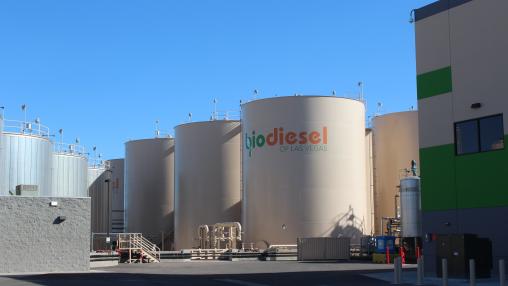
FAO Food price Index Declines in October, But Volatility in Some Markets Remains
Food prices continued to decline, albeit more slowly, in October, according to the latest FAO Food Price Index. The Index was down 0.5 percent from September and 10.9 percent from October 2022.
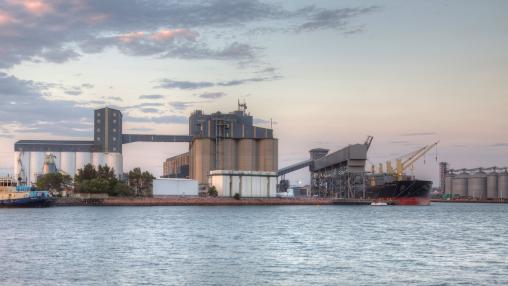
Strengthening Food Security Through Global Trade
With one in six people around the world almost entirely dependent on international trade to meet their food needs, agricultural trade can clearly play a pivotal role in both addressing and exacerbating food security challenges. While progress has been made to bring attention to food security needs in trade negotiations in recent years, harmful policies like temporary food export restrictions are still a common reaction to price spikes, market disruptions, and production shortfalls – shocks that are likely to become increasingly frequent due to climate change and ongoing conflicts.
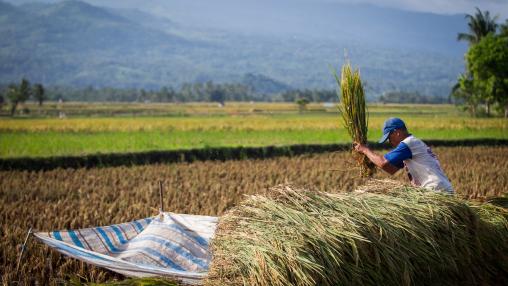
Food Price Index Stable in September But Rice Prices Remain a Concern
The FAO Food Price Index remained virtually unchanged month-to-month in September and almost 24 percent lower than the peak reached in March 2022.
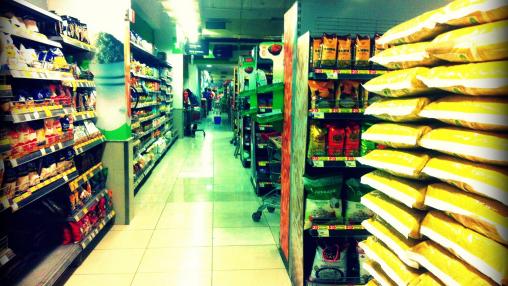
India’s edible oil imports from Nepal: Policy implications of current tariffs and free trade agreements
India’s import demand for edible oils has been significant over the past decade, with imports averaging $11.6 billion annually. In 2021, prior to the Russia-Ukraine conflict, India imported a staggering $17.1 billion of edible oils (Figure 1), dominated by palm oil ($9.6 billion), soybean oil ($4.8 billion), and sunflower/safflower oils ($2.4 billion).
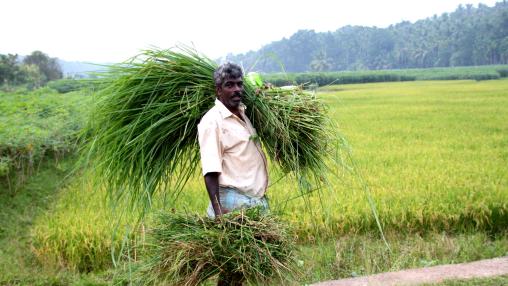
Food Price Index Declined in August, While Rice Prices Spiked
The FAO Food Price Index fell by around 2 percent in August, driven by declines in cereal, vegetable oil, dairy, and meat indices. This decline placed the Index 24 percent below the peak seen in March 2022. The major exception was rice prices, which saw a significant increase in August.
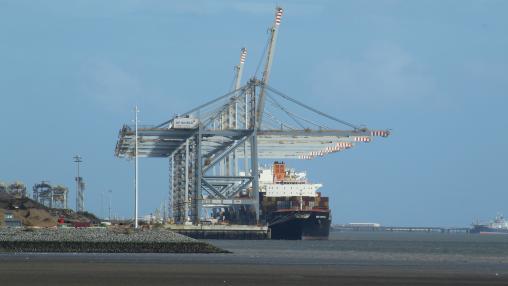
Global trade tensions fueled by rising government subsidies risk undermining efforts to fight poverty
We are witnessing important setbacks in the open, international trade system that has driven prosperity around the world and lifted billions of people out of poverty in developing countries. Geopolitical tensions, on the heels of earlier trade wars—and accentuated by shocks such as the pandemic, disruptions in supply chains, and climate events—are heightening the risk of economic fragmentation.
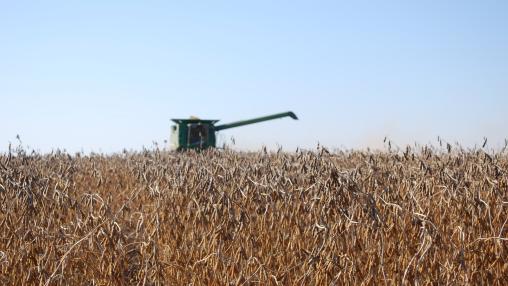
Rising Vegetable Oil Prices Drive Up FAO Food Price Index
While the FAO Food Price Index saw a minor increase in July, it remains 16 percent below its July 2022 levels. Rising vegetable oil prices drove the month-to-month increase.
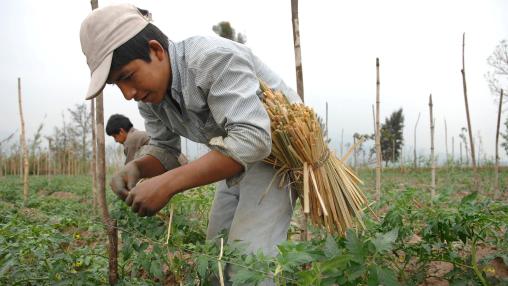
Advancing agricultural trade reforms: Latin American contributions to the multilateral trading system
Multilateral trade negotiations over agriculture present a complex set of challenges: Finding a balance between the diverse interests and positions of the 164 members of the World Trade Organization (WTO) is exceedingly difficult due to the importance and varied sensitivities of this sector across countries. Those with significant agrifood exports want new market opportunities and thus promote greater trade liberalization; other members, generally importers, prefer to focus on increasing domestic production and protecting their domestic markets.
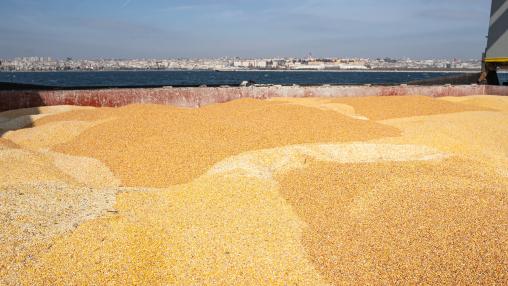
End of the Black Sea Grain Initiative: Implications for sub-Saharan Africa
Russia’s July 17 withdrawal from the Black Sea Grain Initiative (BSGI), has sparked fears of reduced exports of wheat and other key commodities to developing countries, along with other market disruptions.
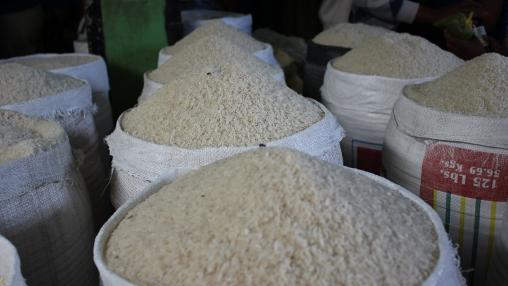
India’s new ban on rice exports: Potential threats to global supply, prices, and food security
On July 20, India announced that it would restrict exports of non-basmati rice to calm domestic rice prices that had risen more than 30% since October 2022 (Figure 1). The ban would halt overseas sales of the grain with “immediate effect,” the government announced, and is estimated to cover about 75%-80% of Indian rice exports.